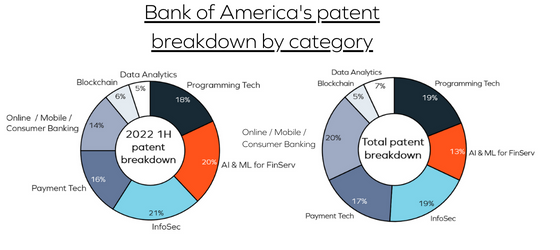Younger consumers crave charitable giving – but are often light on funds – so offering easy ways to donate can be a competitive differentiator for financial services firms.
American Express just launched a new pilot to let its users round up their purchases to the nearest $1, $5, or $10 and contribute the extra funds to charities of their choice. Millennials and GenZ are the fastest-growing cohort of Amex customers, the firm said, and its recent market research found that a majority wanted to increase their charitable giving.
The new features are possible through a partnership with Philanthropi, which Amex invested in through its corporate venture arm. While tech firms like RoundUp and GiveTide offer similar services for tagging donations onto purchases, Amex’s partnership with Philanthropi also allows users to sign up for donor-advised funds (DAFs), which typically have costs or minimums that are prohibitive to small donors.
By offering DAFs, the “platform lets anyone be a philanthropist,” an Amex spokesperson told Insights Distilled, and makes giving “an activity that is part of our daily lives, rather than a series of infrequent occurrences.”
Other platforms trying to rethink charitable giving have won the attention of big financial firms, too: Wells Fargo invested in Amicus (which was acquired by fintech TIFIN) while Mastercard has partnered with Benevity.

